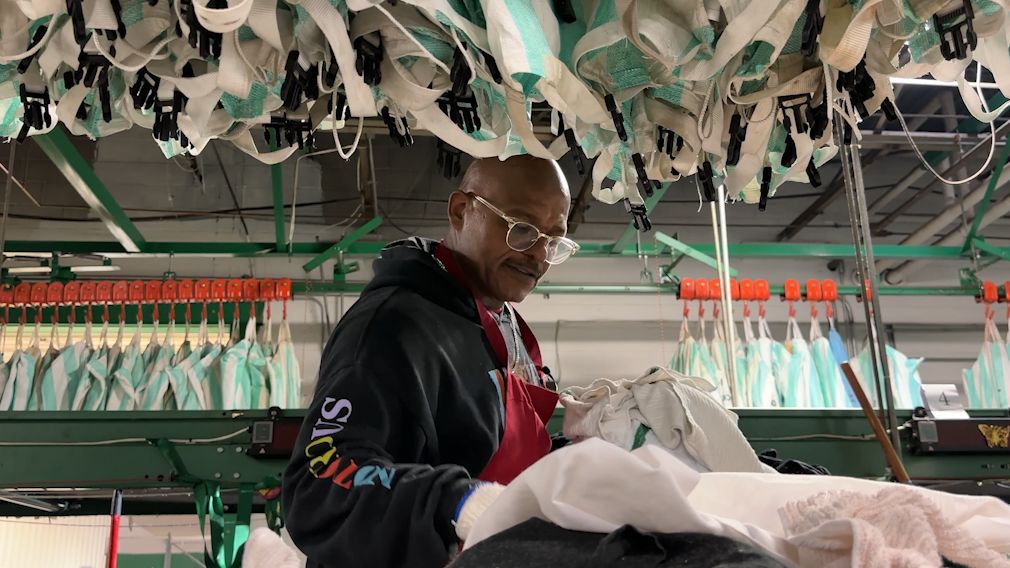RALEIGH, N.C. – The family of a man killed by a Raleigh police officer said Wednesday the police department's new use-of-force policies are a good first step.
The Raleigh City Council on Tuesday night directed the Raleigh Police Department to implement the so-called 8 Can't Wait rules, a set of eight rules meant to minimize the chance of a police encounter proving fatal.
First devised in 2016 by the nationwide organization Campaign Zero, the rules have received renewed attention in light of the killing of George Floyd in Minneapolis last month. Raleigh police already had five of the rules in place. The city council directed them to adopt the other three, including a requirement to de-escalate a situation whenever possible. That provision pleased members of Keith Collins' family.
A police officer shot and killed Collins in Raleigh on January 30 after someone called 911 to report a person with a gun. Collins ran from the officer when he approached. Body camera footage showed Collins turn back toward the officer right before the latter opened fire. Investigators recovered a BB gun at the scene.
Collins' mother, Gloria Mayo, said her son was especially skittish around police officers due to mental health problems. She said had the responding officer approached Collins in a less confrontational way, he would not have run, triggering the ultimately fatal foot chase.
“He could have been, 'Young man, may I speak to you,' or something like that,” she says.
Raleigh-Apex NAACP President Gerald Givens said the move is the beginning of a change in how police engage with the people they serve. He said public statements by law enforcement agencies in solidarity with protesters is a good sign.
“I think what you have to do is you have to look at what's capable of being changed,” he says. “I think all across law enforcement, they are looking at what they are capable of being able to do right now.”
Duke Law Prof. Brandon Garrett said policies such as 8 Can't Wait won't solve all of the problems police face. Even a simple policy change requires officers to have the requisite training to implement it consistently.
“If it's not part of their culture, if it's not part of supervision, then a written policy is just paper,” he says.
Mayo echoed that sentiment. She said the key will be if the Raleigh Police Department sticks with its de-escalation policy.
The Raleigh Police Protective Association and the Southern States Police Benevolent Association did not return requests for comment for this story.









